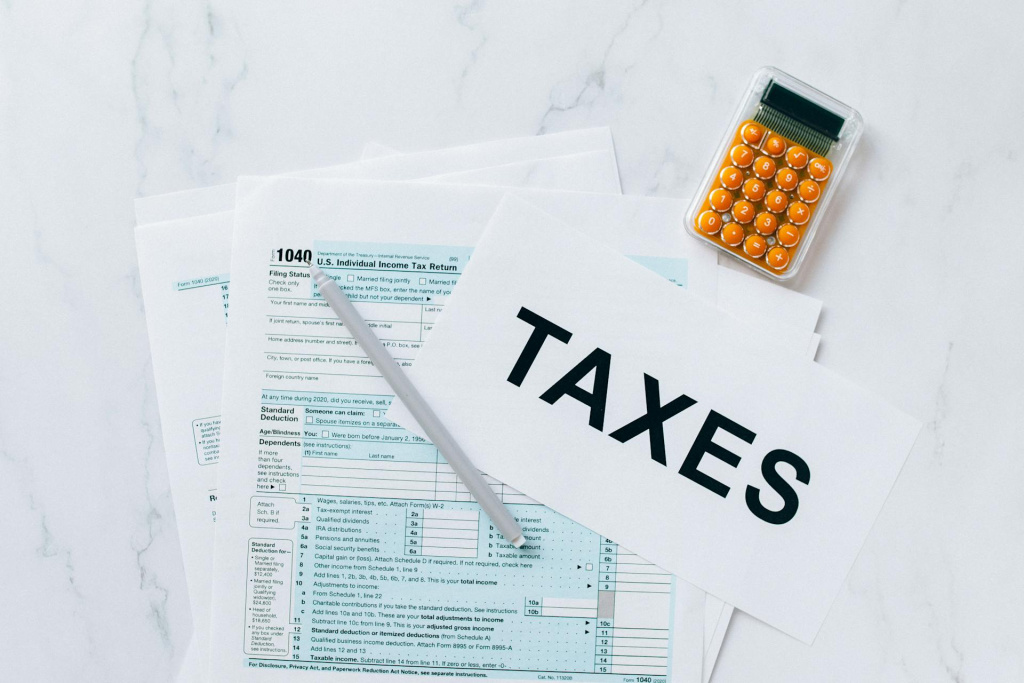New taxes can discourage companies from entering a market because they mean extra costs, but businesses often don't realize how much these policies can affect consumer behavior, market competition, and the economy overall.
So what impact do taxes actually have on the UAE's economy? Let's find out!
Transition from Oil Dependence to Sustainable Finance
Over the years, the UAE has heavily relied on oil as its primary revenue source, leaving it vulnerable to fluctuations in the global oil market. However, with the introduction of a new tax regime, the government aims to diversify its revenue streams, reducing its dependence on oil and establishing a more stable income source. This strategic shift will not only provide additional revenue to finance critical public services, infrastructure, and economic initiatives but also enhance the country's image as a well-regulated and stable business environment.
Effective from June 2023, the corporate tax rate in the UAE is set at zero percent for annual taxable incomes up to AED 375,000 (USD 102,000) and 9 percent beyond that threshold. Free zone commercial transactions maintain the zero percent rate, highlighting the UAE's globally competitive tax environment.
The corporate tax plays a pivotal role in supporting sustainable development by establishing a stable revenue base, advancing strategic objectives, and upholding tax transparency and fairness across the UAE.
Here's an expert's opinion on the situation:
In market analysis and real estate, I often discuss the UAE's implementation of a 9% corporate tax and its impact on businesses. Despite concerns that this tax might deter companies or force them to cease operations, I view it as a strategic move to broaden the UAE's revenue beyond oil dependence. The UAE has established 193 Double Tax Agreements (DTAs) worldwide, aiming to attract international businesses and investments while alleviating dual taxation challenges. Through its tax strategy, the UAE aims to diversify income sources, encourage international business, and ensure economic sustainability beyond oil.[?]
Hamzah Abu Zannad
Co-Founder of Axiom Prime Development
Establishing Corporate Tax In the UAE Step-By-Step
Since October 2017, the UAE has broadened the range of goods subject to tax and has continuously updated tax regulations to increase taxpayer flexibility.[?]
Notably, it has reduced penalties for non-compliance with value-added tax and introduced a temporary exemption system offering a substantial reduction in fines.
In 2018, the UAE committed to the Base Erosion and Profit Shifting (BEPS) programme’s inclusive framework and supported the OECD’s Pillar Two initiative.[?]
According to the experts, this initiative establishes a global minimum corporate tax rate to prevent base erosion and profit shifting BEPS, counter harmful tax practices, and promote global tax fairness.
The UAE has introduced a federal corporate tax system as a key component of its broad transformational projects aimed at fortifying the nation’s financial infrastructure to effectively manage future challenges and adhere to its national priorities.
The Ministry of Finance’s strategic plan for 2023–2026 is centered on financial sustainability, including developing balanced tax policies responsive to local and global economic trends.
The introduction of corporate tax is a proactive measure in response to the dynamic global economy, marked by volatility and financial uncertainty, including concerns over global financial stability, growing global debt, rising inflation, and the urgent need to confront climate change.
Automate all financial operations within one ERP software
Request a demo

Anna Fischer
Construction Content Writer

See FirstBit ERP solutions in action
Discover how our system solves the unique challenges of contractors in a personalized demo.
After the demo you will get a quotation for your company.
After the demo you will get a quotation for your company.











